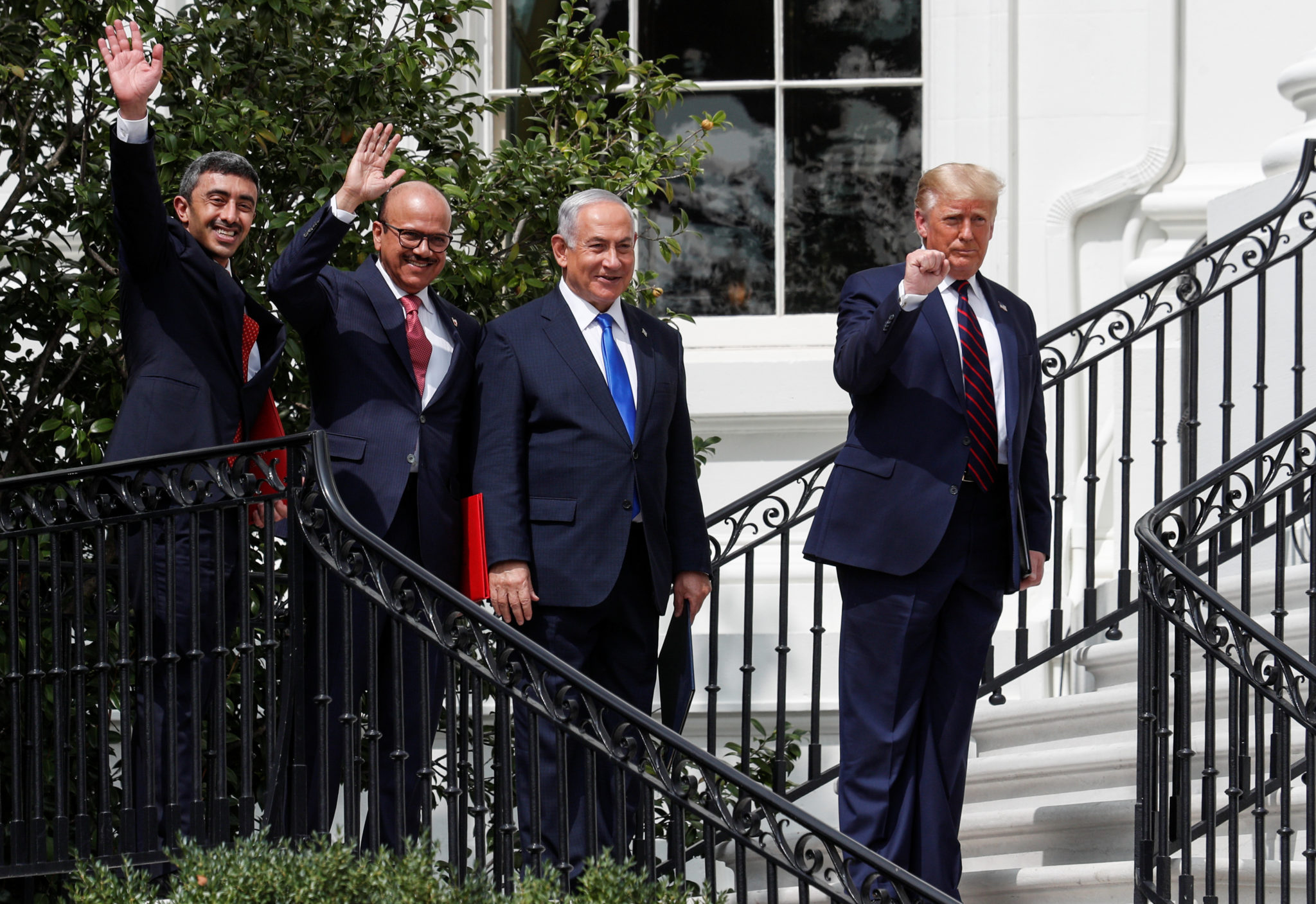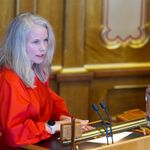A growing number of Arabs, particularly those living in the Gulf, say they finally understand that Israel is not the enemy of the Muslims and Arabs.
Logg inn for å lese videre (abonnenter).
Støtt uavhengige nyheter!
Bli abonnentPluss-artikler blir åpnet 48 timer etter publisering. Artikler som er eldre enn to år er forbeholdt abonnenter.






